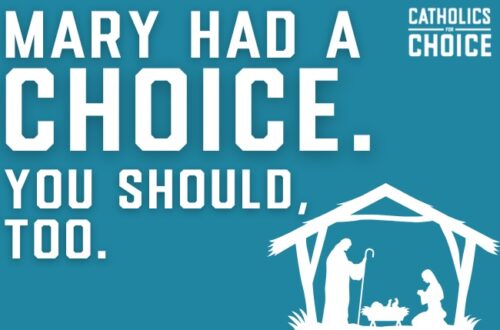Conscience and the Right to Provide
The issue’s focus on autonomy and conscience was particularly well-timed for those of us working to reframe how conscience plays a role in medical decision making, both by patients and by health care professionals. I particularly enjoyed Uta Landy’s article, “Opt In, Opt Out and Generation Next,” (Vol. 37, No. 2) reflecting on the Ryan Residency Program’s requirement that ob/gyn resident physicians who opt out of abortion training participate in those aspects of care that their conscience allows. She highlights the value that residents reported gaining from simple exposure to the real-life circumstances of those seeking abortion care.
Unfortunately, of the more than 200 obstetrics and gynecology residency programs in the US, fewer than 100 are Ryan Residency programs. Dr. Landy shared several examples of ways that exposure to abortion services enriches residents’ conscience with deeper meaning. Despite the positive impact of these opt-out programs, however, many medical schools and residency programs still provide no access to abortion services for their physicians-in-training.
The concept of personal conscience relating to abortion is almost entirely focused on those whose consciences dictate that abortion is wrong, but many of us are working on framing abortion provision as a positive expression of conscience. Programs like the Ryan Residency Program for ob/gyn residents, Reproductive Health Education in Family Medicine, and Medical Students for Choice help physicians-in-training to, as Dr. Landy says, “find ways to grapple with their own conscience and to fulfill their promise of serving their patients.” This focus on professional responsibility and service is at the heart of conscience.
LOIS V. BACKUS, MPH
Executive Director
Medical Students for Choice
Philadelphia, PA



